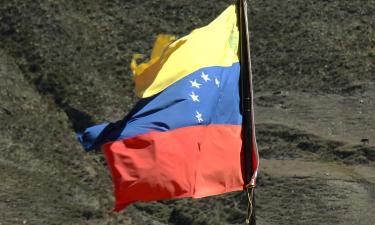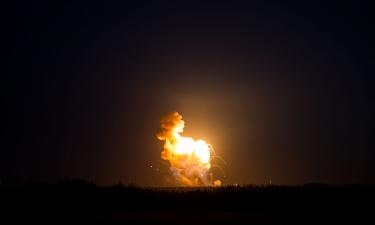Court looks into Obama administration's plan to cut mobile communication when needed
A federal appeals court wants to know why the government should be allowed to keep secret its plan to block cellular communication for the time of "critical emergencies."The US Department of Homeland Security introduced a special plan - known as Standing Operating Procedure 303 - to block signals of cellular operators after cellular phones were used to detonate explosive devices during the bombings of the London subway system, Pravda.Ru reports.
Standing Operating Procedure 303 is a powerful tool in the digital age, and it spells out a "unified voluntary process for the orderly shut-down and restoration of wireless services during critical emergencies such as the threat of radio-activated improvised explosive devices."
Also read: America's joint improvised explosive device organization
The US Court of Appeals for the District of Columbia Circuit in February sided (PDF) with the government and ruled that the policy did not need to be disclosed under a Freedom of Information Act request from the Electronic Privacy Information Center. The court agreed with the government's citation of a FOIA exemption that precludes disclosure if doing so "could reasonably be expected to endanger the life or physical safety of any individual."
EPIC asked the court to revisit its ruling, arguing that the decision, "if left in place, would create an untethered 'national security' exemption'" in FOIA law. On Friday, the court ordered (PDF) the government to respond-a move that suggests the appellate court might rehear the case.
SOP 303 allows for the shutting down of wireless networks "within a localized area, such as a tunnel or bridge, and within an entire metropolitan area."
There have been no publicly disclosed instances when SOP 303 has been invoked, but the telecoms have agreed to shutter service when SOP 303 is invoked.
Local governments, however, have the power to shutter wireless service regardless of SOP 303.
Subscribe to Pravda.Ru Telegram channel, Facebook, RSS!





